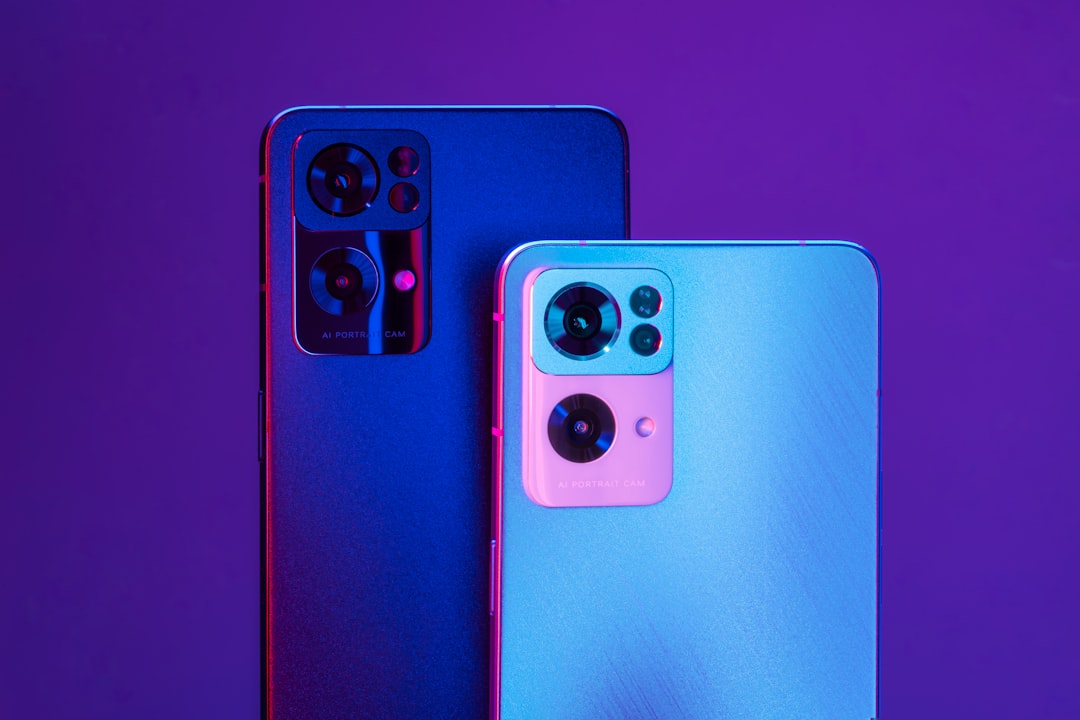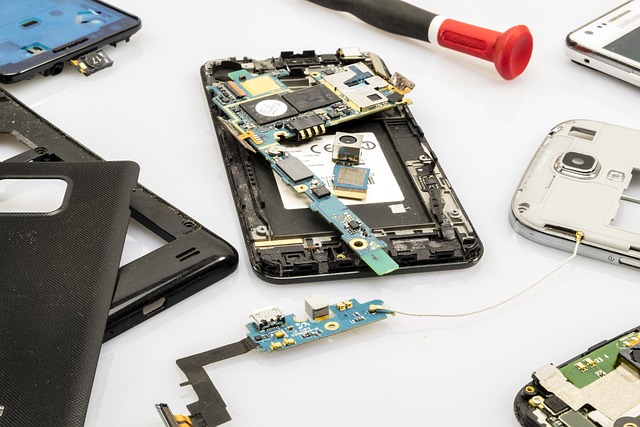Caller ID spoofing, a deceptive practice where individuals alter displayed phone numbers to hide their identity, is a growing concern alongside unwanted calls and scams. In New Jersey, laws combat this deception, with unwanted call lawyers guiding individuals on rights and taking legal action against abusers. This illegal activity ranges from pranks to serious crimes and has significant legal repercussions under the Telephone Consumer Protection Act (TCPA).
“In today’s digital age, technology has advanced to enable sophisticated forms of communication manipulation. One such concern is caller ID spoofing, a deceptive practice that poses legal and privacy risks. This article aims to demystify this growing issue. We’ll explore what caller ID spoofing entails, how it’s executed, and its potential consequences. Furthermore, we’ll delve into the legal implications, emphasizing the role of an unwanted call lawyer in New Jersey to combat this emerging challenge.”
What is Caller ID Spoofing?
Caller ID spoofing is a deceptive practice where an individual or entity alters their phone number display on another person’s caller ID, often showing a different, often false, number. This technique allows them to mask their true identity while making calls. Typically, when you receive a call, your caller ID displays the phone number from which the call originated. However, through various methods and technologies, spammers, scammers, or malicious actors can manipulate this system. They may use software or specialized services that allow them to fake the caller ID, making it appear as though the call is coming from somewhere else entirely, sometimes even using a legitimate number without permission.
This practice has become a growing concern, especially with the rise of unwanted calls and scams. In New Jersey, as in many other states, there are laws in place to combat this form of deception. An unwanted call lawyer in New Jersey can help individuals understand their rights and take legal action against those who misuse caller ID spoofing, seeking justice and compensation for any resulting harm or loss.
How Does Spoofing Happen?
Caller ID spoofing is a deceptive practice where a caller manipulates their phone number display to show a false or hidden identity. This process can be achieved through various methods, often utilizing advanced technology. One common technique involves using special software that can rewrite or forge the data packets transmitted to the recipient’s device, thus displaying a different number than the actual source.
Spoofing can happen when an individual or organization uses malicious software or hardware to intercept and alter calling information. Unwanted call lawyer New Jersey notes that this practice is not only unethical but also illegal in many jurisdictions. The intent behind spoofing can vary, from harmless pranks to serious fraud, identity theft, or even extortion attempts.
Legal Implications and Unwanted Call Lawyer New Jersey
In the digital age, caller ID spoofing has emerged as a significant concern with far-reaching legal implications. This practice involves manipulating or falsifying the information displayed on a caller’s ID to deceive recipients. While it may seem like a harmless prank, the consequences can be severe, especially when it comes to unwanted calls. An Unwanted Call Lawyer New Jersey emphasizes that such actions are not only unethical but also illegal in many jurisdictions.
In New Jersey and across the United States, laws have been enacted to protect individuals from fraudulent or deceptive calling practices. The Telephone Consumer Protection Act (TCPA) is a federal law that prohibits certain types of unsolicited telephone calls, including those made with spoofed caller IDs. Violations can result in substantial fines and legal liability for perpetrators. An Unwanted Call Lawyer New Jersey advises victims to document such incidents, as this can be crucial evidence in pursuing legal action against call spoofers.






